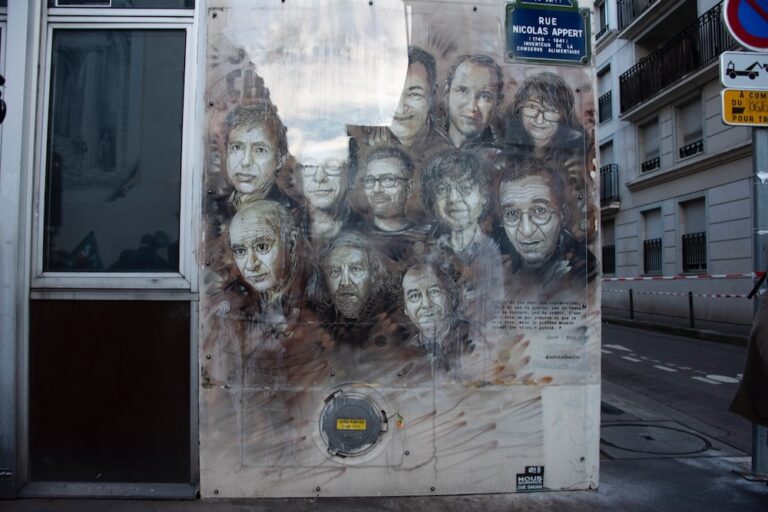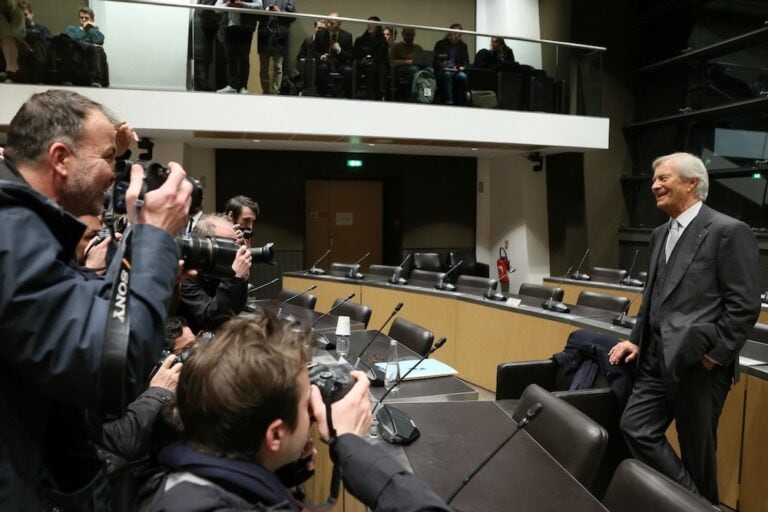(WiPC/IFEX) – WiPC is alarmed by the decision of the French parliament on 12 October 2006 to criminalise statements and writings that deny that there had been an Armenian genocide in Turkey at the turn of the last century. Under the proposed law, which now needs to be approved by the Senate and president, fines […]
(WiPC/IFEX) – WiPC is alarmed by the decision of the French parliament on 12 October 2006 to criminalise statements and writings that deny that there had been an Armenian genocide in Turkey at the turn of the last century. Under the proposed law, which now needs to be approved by the Senate and president, fines of one year’s imprisonment and fines of up to 45,000 euros could be levied against those convicted.
On 9 October, six Turkish intellectuals and writers who had themselves been prosecuted for their comments on the massacre under Turkey’s stringent “insult” laws, issued statements condemning the French decision.
Among them is Elif Shafak, an internationally renowned author who was brought to trial in September for “insult” for comments made about Armenia in her novel and subsequently acquitted (see IFEX alerts of 25 and 21 September and 6 July 2006). She has been particularly outspoken. In an article in the “Turkish Daily News” published some days before the decision, she wrote “If we are pro-freedom of expression in Turkey, we cannot have double standards. Being pro-freedom of expression requires defending this fundamental principle in all countries. What is happening in Holland [where Turkish candidates have been expelled from their parties because of their refusal to acknowledge an Armenian “genocide” – ed.] and France is highly problematical not only in terms of curbing freedom of expression, but also in terms of undermining any potential bonds of empathy and amity between Armenians and Turks. This move will only create a nationalist backlash in Turkey. It will harm all attempts to build dialogue. Perhaps more significantly, both the Dutch and French governments should recall, just like the Turkish government should, that it is not up to states or the state elite to write or dictate history. It is not democratic to impose one version of history and silence all other conflicting interpretations.”
Another protestor is Hrant Dink, editor of the Istanbul-based Armenian language newspaper, Agos and Honorary Member of a number of PEN Centres, who has expressed sharp fears about the proposed law. He told the press that “When this bill appeared first, we were fast to declare as a group that it would lead to bad results. . . As you know, I have been tried in Turkey for saying the Armenian genocide exists [see IFEX alerts of 19, 2 and 6 July, 5 June, 4 May, and 9 February 2006 and others], and I have talked about how wrong this is. But at the same time, I cannot accept that in France you could possibly now be tried for denying the Armenian genocide. If this bill becomes law, I will be among the first to head for France and break the law. Then we can watch both the Turkish Republic and the French government race against each other to condemn me. We can watch to see which will throw me into jail first. . . I really think that France, if it makes this bill law, will be hurting not only the EU, but Armenians across the world. It will also damage the normalizing of relations between Armenia and Turkey. What the peoples of these two countries need is dialogue, and all these laws do is harm such dialogue.”
WiPC shares the concern that the proposed bill would be counterproductive to moves towards reconciliation between Turks and Armenians, and that it carries with it the danger of breaching international standards that protect the right to freedom of expression. WiPC has also stood up against the use of similar laws in other countries, including in France, that make “holocaust denial” illegal in the belief that to criminalise speech and thought, to imprison those who express difficult views, however heinous, only serves to provoke publicity for assertions that, in a civil society, must be countered by evidence and argument. WiPC therefore expresses the hope that the French Upper House will recognise the problems inherent in this bill and not approve it passage.


